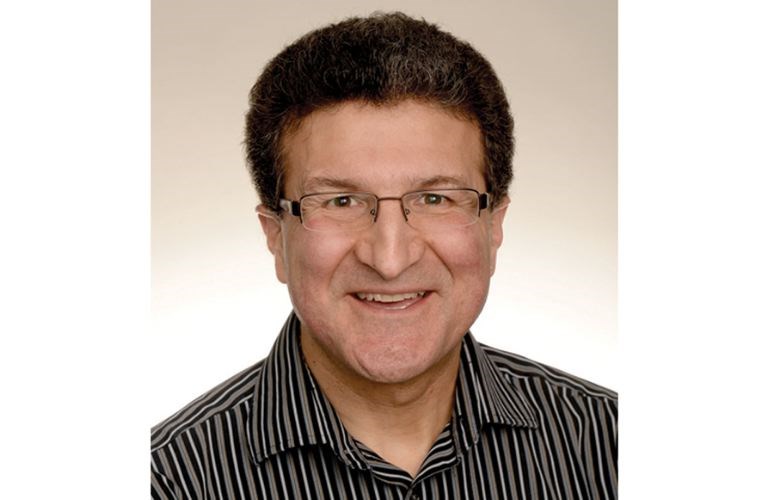Recently in my Social Justice 12 class we were discussing the journey Canada is on in rebuilding itself after the years of destruction caused by the residential school system.
A student drew our attention to a Cherokee legend, The Tale of the Two Wolves.
In this story, a child who was wronged comes to his grandfather for advice. The elder tells him that in every person there is a battle between two wolves.
One wolf is anger, envy, regret, self-pity, guilt, false pride, vengeance and the like. The other wolf is love, joy, peace, kindness, hope, humility, forgiveness, truth, compassion and faith.
When the child asks which wolf wins, the grandfather replies, "The one you feed."
There is tremendous wisdom in this story on several levels. The grandfather is raising awareness in the child, letting him know that we do have a choice in how we respond to situations.
The negative response is usually a reaction, made without thought. When we realize that we do have a choice in how we respond, however, we can pause our reaction and choose which wolf we will feed.
On another level, the story is about creating habits, good or bad. Feelings don't just happen, we play a large role in choosing them. Our habitual thoughts impact what may appear to be an impulsive response. The wolf we are feeding will dominate our thoughts, and thus influence our reactions.
The beauty of our humanity is that we are capable of thought and reason. We can observe our reactions and ask, "Is that what I really want to believe? Is that the way I want to live my life? Do I really want to give that much power to a person who has wronged me? Is that person who wronged me even aware of how hurtful her words are?"
In essence, we can ask ourselves which wolf we are feeding at any given moment.
The most profound human freedom is the freedom to choose our own thoughts. Viktor Frankl said, "Everything can be taken from a man but one thing: the last of human freedoms - to choose one's attitude in any given set of circumstances, to choose one's own way."
Marcus Aurelius tells us, "The happiness of your life depends upon the quality of your thoughts."
Lao Tzu tells us, "He who controls others is powerful, but he who has mastered himself is mightier still."
We have entered into a time of healing from Canada's most horrific national crime, one that is rightly referred to as cultural genocide. What is beautifully ironic is that the key to healing lies in the profound wisdom and deep spirituality of the very culture that we tried to destroy, teachings and practices which give a unique perspective to universal wisdom.
If we are going to move forward as a nation and as individuals, we must be true to ourselves and choose to feed the wolf which will help us to follow the right path.



